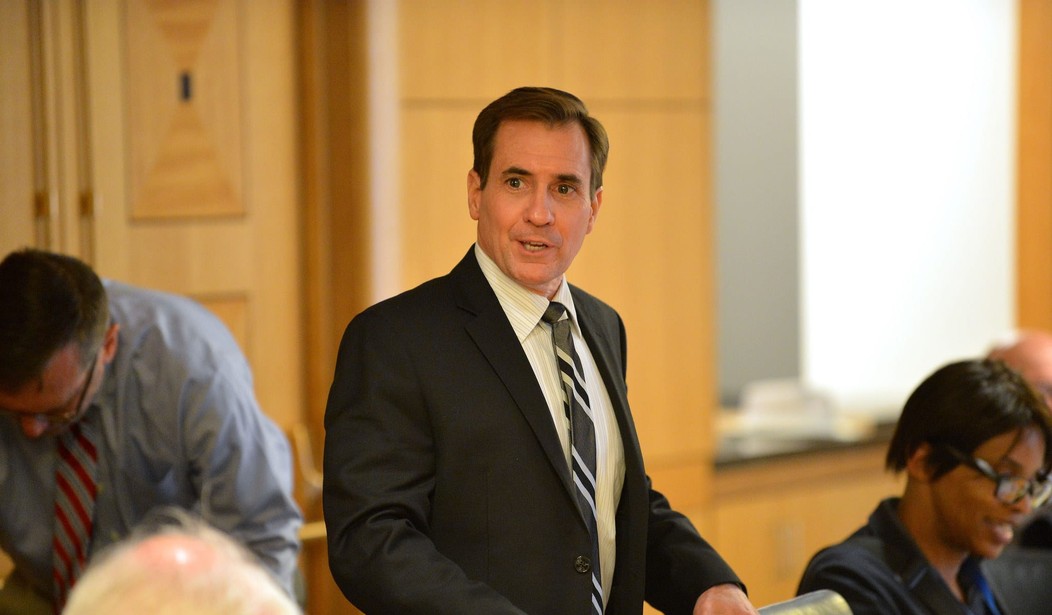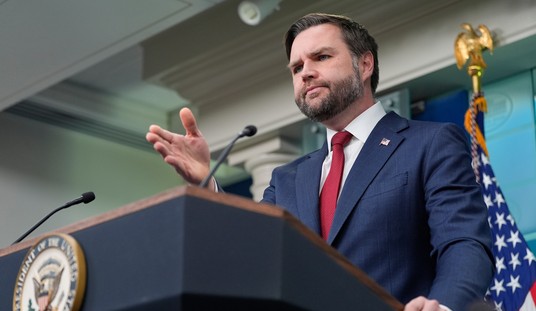State Department press secretary John Kirby insisted that there “was no political agenda at play, not in terms of timing, not in terms of process, not in terms of what we redacted and what we didn’t redact” in Hillary Clinton’s emails, but just a “strict” adherence to the Freedom of Information Act.
The FBI released additional files relating to their investigation of Clinton using a private email server, prompting House Oversight and Government Reform Committee Chairman Jason Chaffetz (R-Utah) and House Intelligence Committee Chairman Devin Nunes (R-Calif.) to jointly call for an investigation into the declassification process, including a “quid pro quo” offer from a senior FBI official to downgrade the classification of one email if the State Department would back more FBI personnel in Iraq.
Chaffetz and Nunes called for the State Department official involved in the request, Under Secretary Patrick Kennedy, to be fired.
“Those who receive classified intelligence should not barter in it – that is reckless behavior with our nation’s secrets,” the chairmen said. “Someone who would try to get classification markings doctored should not continue serving in the State Department or retain access to classified information.”
Kirby told MSNBC this morning that “there was no quid pro quo even suggested.”
“There were two conversations. One about the fact that we disagreed with this email being classified as secret. The FBI saw it a different way. They won that argument. And we did have a conversation with the FBI over some slots that they wanted in Iraq. Those conversations were happening at the same time, but they were not linked. There was no bargain suggested here,” he said.
“We are, by nature, an outward facing organization. The act of diplomacy is the act of dialogue, and talking, and discussion, and openness and transparency to the degree that we can, obviously. Other agencies in the government, Defense Department, the intelligence community, and yes, the FBI as a law enforcement organization, obviously has a different view in terms of the way they process and disseminate information,” Kirby added. “That is to be expected. And you would also expect that agencies that have a different worldview in terms of how we’re looking at information would debate and discuss and argue over the degree of classification.”
Kirby recalled that “we got excoriated by people for taking so long” to comb through Clinton’s emails in the FOIA process.
In classification matters, he said, “who is the originator of it, often is a contentious discussion.”
“It’s an art, it’s not a science. And many different agencies have a stake in a particular document, and that’s why we had this very rigorous inter-agency debate and discussion. Again, on this one, we lost the argument, on others, we won. But each agency is responsible for the classification of its documents according to its own dictates,” he added.









Join the conversation as a VIP Member